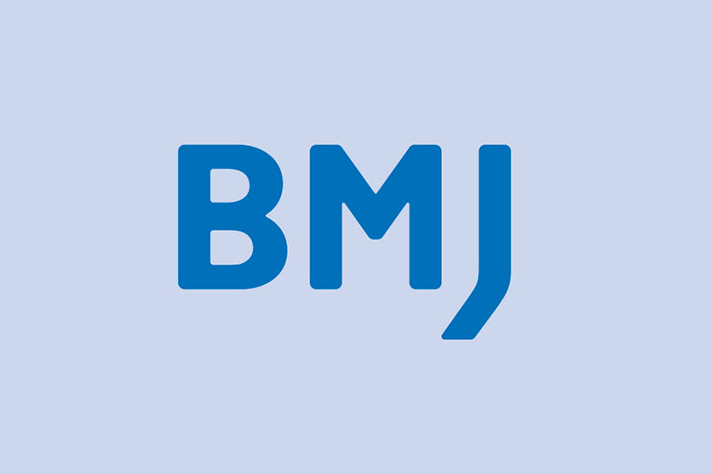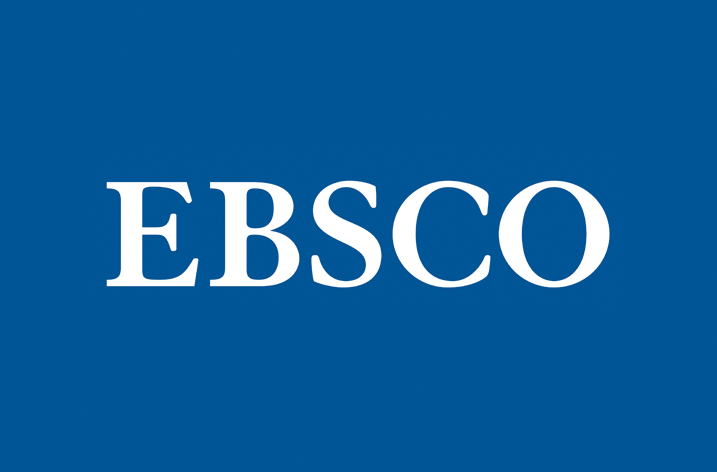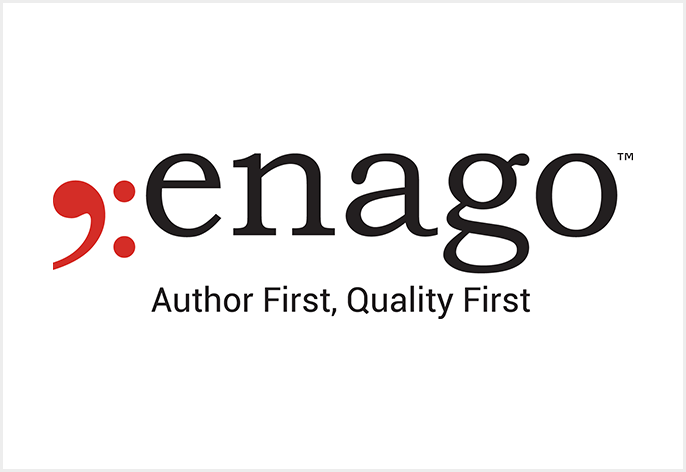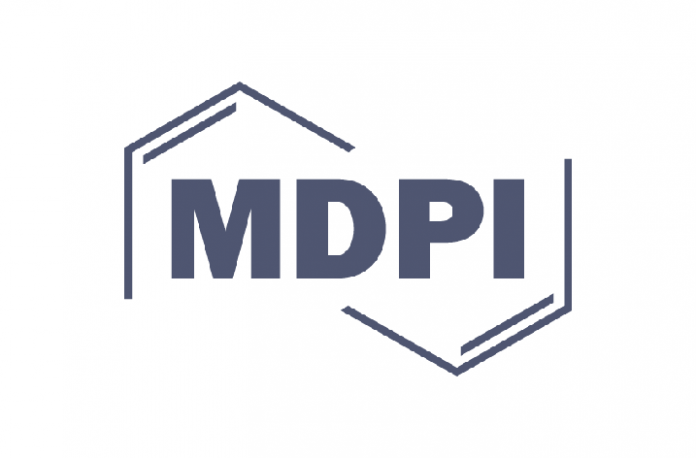EBSCO Information Services (EBSCO) introduces EBSCO Discovery: Open Education, a powerful, centralized platform designed to streamline access to open-access e-books and journals and Open Educational Resources (OER). Built to help institutions reduce textbook costs and support educational equity, this solution empowers libraries and faculty to easily incorporate high-quality, freely licensed materials into courses while sustainably managing expenses and workflows.
The rising costs of education are creating significant gaps for underrepresented learners. EBSCO Discovery: Open Education bridges this gap by providing seamless access to high-quality, openly licensed resources, aligning with the mission of OER to advance affordable, accessible and equitable education for all student populations.
EBSCO Discovery: Open Education reflects EBSCO’s commitment to enhancing the library experience by optimizing workflows and promoting educational equity. Built on the enhanced EBSCO Discovery Service™ interface, it replaces Faculty Select (retiring August 31, 2025) as a more integrated and intuitive solution for centralized discovery of materials that will be free for students to access. Libraries can easily give their faculty a single place to search for and find content from top OER providers like OpenStax and Pressbooks and OA providers like DOAJ and JSTOR Open Community Collections, helping institutions meet evolving needs while saving students money.
EBSCO Information Services Senior Product Manager, SaaS, Heather White, MLS, draws on her experience as an OER librarian to highlight the challenges libraries and faculty face in making course materials accessible. “We know that students are more successful when they have immediate and affordable access to course materials,” says White. “OER is not just about free textbooks — it’s about empowering faculty to customize content, ensuring every student starts on equal footing, and creating sustainable solutions for libraries. This platform makes it easier to remove barriers to learning while supporting textbook affordability and equitable curricula.”
EBSCO Information Services Vice President of Product Management, SaaS, Bonnie Leavitt emphasizes reducing educational costs while promoting equitable access to high-quality materials. “At a time when educational costs are one of the most significant barriers to student success, OER and OA content offer a practical and sustainable solution. EBSCO Discovery: Open Education supports libraries in driving open education initiatives forward, helping institutions provide affordable, high-quality resources that align with their mission of student success and retention.”
EBSCO will showcase EBSCO Discovery: Open Education at the 2025 EBSCO User Group, which will be held in Providence, Rhode Island, from April 29 to May 1, 2025. Attendees will explore how the platform can help libraries advance open education initiatives and increase access to affordable, high-impact learning resources.





























